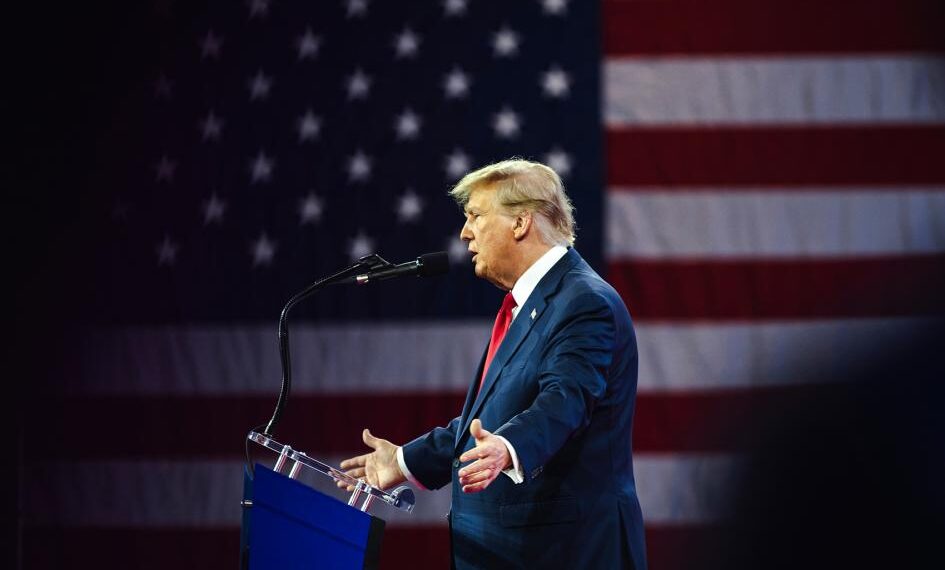No products in the basket.
The presidency of Donald Trump is anticipated to enact protectionist policies, which could affect global trade, U.S. immigration, and economic growth. As a result, Thailand might experience a decrease in exports and investment, potentially impacting its economy adversely.
Trump’s Victory and Policy Implications
Donald Trump has secured a decisive win in the U.S. presidential election, becoming the 47th president. His victory over Vice President Kamala Harris and a Republican majority in Congress grants him significant power to implement sweeping changes. Trump’s policies are anticipated to favor trade protectionism, emphasizing energy security and potentially escalating geopolitical tensions. Key proposals include raising import tariffs significantly, restricting immigration, and reducing defense support for allies.
Global Economic Impact
The IMF’s October 2024 outlook outlines how Trump’s policies may negatively affect the global economy. Tariff increases and trade uncertainties could hinder investment, slowing overall growth. Meanwhile, immigration restrictions may shrink labor forces in the U.S. and Europe, further dampening economic expansion. Tighter global financial conditions are expected to raise borrowing costs, adding strain to emerging markets and affecting international economic stability.
Effects on Thailand’s Economy
Thailand faces serious risks as Trump’s trade policies could slow exports and deter foreign investment. Increased tariffs may directly impact Thai goods, especially electronics. Additionally, competition from Chinese imports might surge as China seeks new markets. SCB EIC predicts a potential decline in Thailand’s GDP growth by around 0.5 percentage points in 2025. However, if Thailand can navigate these challenges and maintain a neutral geopolitical stance, opportunities for growth may emerge amidst global economic shifts.
Discover more from Thailand Business News
Subscribe to get the latest posts sent to your email.













